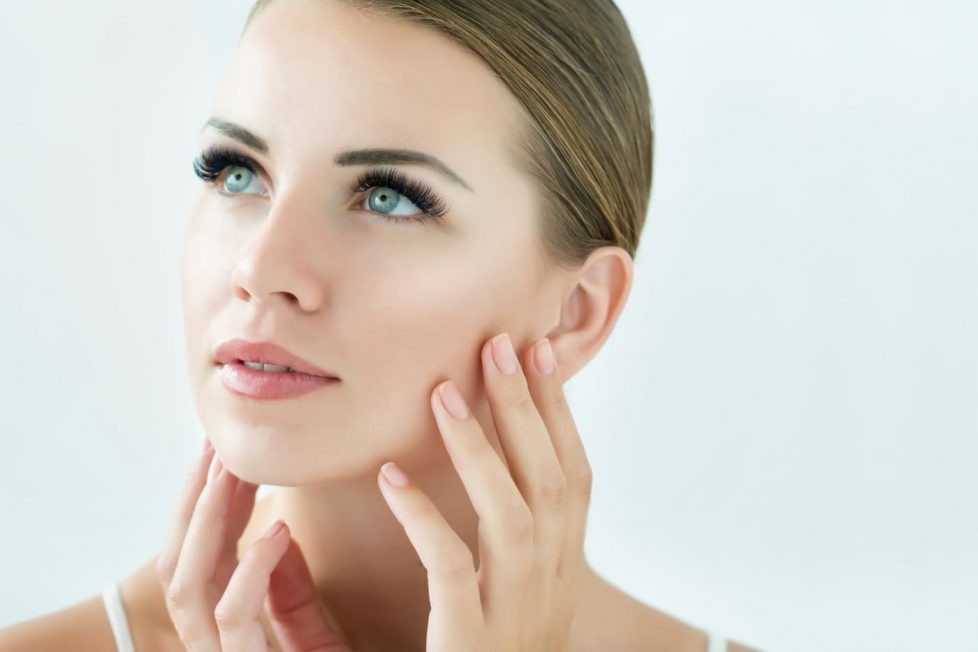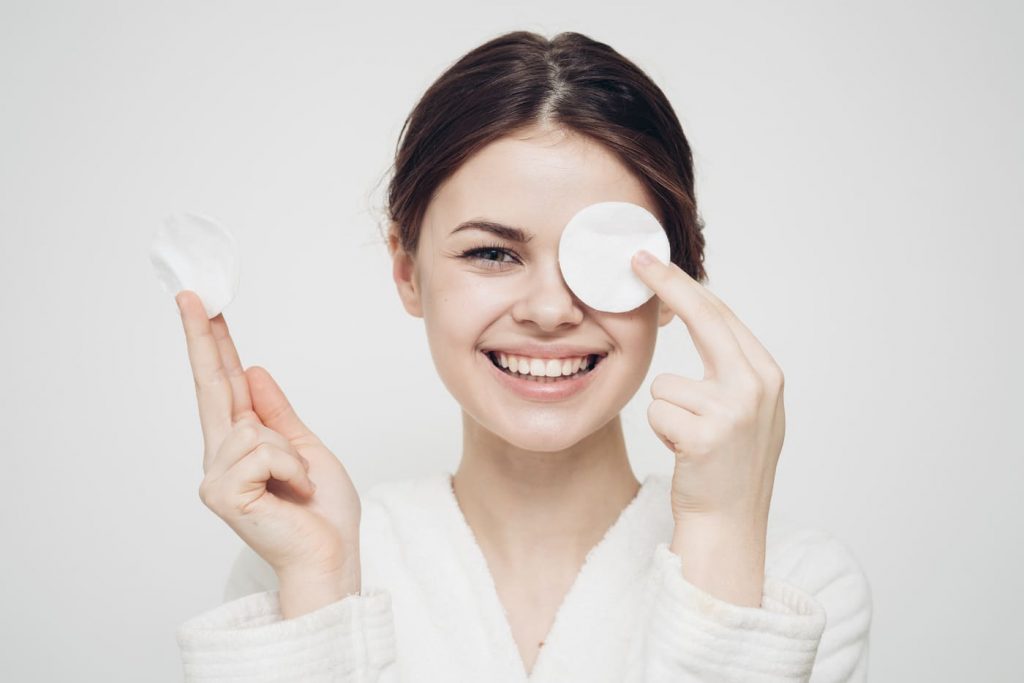Why do eyelashes fall out? Tips to avoid it
Lashes are more than a cosmetic fringe, but why do eyelashes fall out?

Lashes are more than a cosmetic fringe, but why do eyelashes fall out?

Lashes are more than a cosmetic fringe, but why do eyelashes fall out?
Lashes protect the eye from debris that can obstruct vision or cause infection or injury. Eyelashes grow, fall out and replace themselves in a natural cycle every six to 10 weeks, just like the hair on top of your head. Your eyelashes are fragile little hairs—so delicate that they can easily snap off and break, especially without proper hydration and care. Now, one or two stray flutters is likely nothing to sound the alarm over, but if you wake up with several lashes scattered across your pillow or have noticeable gaps on your lash line, you may be concerned about the increased shedding.
Eyelashes have the power to transform our makeup look and our face in general. We spend time and money ensuring our lashes look full and voluminous and yet somehow they still manage to fall out!

According to specialists, stress is very much a factor in eyelashes fall out. Just as stress can lead to increased hair shedding, an increase in anxiety can cause a similar effect on those tiny lash hairs. What happens is the stress pushes the follicles into a dormant phase, which can cause those hairs to fall out.
Irritation from the falsies themselves is quite uncommon—but if you’re constantly dolloping glue onto your sensitive lash line, you might face a stray lash or two.
Rubbing the occasional itch most likely won’t do much harm, but constantly tugging on your eyes—with your palms, makeup remover, or even a lash curler—can damage the lid skin and may cause eyelashes fall out.
It’s very uncommon, but some people might experience eyelashes fall out from irritating eye makeup (like liner, shadow, or mascara). See, contact dermatitis is especially prevalent around the eyes, which often manifests as a rash on or around the lids, but lash loss isn’t totally off the table.
Particles from your mascara and shadow can clog the hair follicles if left in too long. This can stunt the growth of the hair long term. Additionally if your mascara is waterproof or oil-based, this can damage the adhesive on your lash extensions and encourage premature shedding. We encourage you to use an eyelash foaming cleanser and foam brush to clean your lashes each night to ensure makeup residue is removed. Also, should you use mascara, use water-based mascara sparingly on your eyelashes, preferably from the middle to the tips, avoiding the base of your eyelashes.
Yes, eyelashes do grow back, assuming the lid skin isn’t too damaged. It’s similar to regrowing your brows: If those tiny follicles are compromised by scars or burns, the eyelash hairs cannot grow back, no matter how many lash serums you pile on.
Since rubbing your lashes is one of the main culprits for eyelashes fall out you might want to, well, stop rubbing them. That includes with your palms and with makeup remover—remember to gently wipe off your eye makeup each night. You’ll also want to be very gentle with your lash curler, as you can easily pluck off hairs with a strong clutch.
If you’re unsure what’s causing your lash loss, we suggest relying on hypoallergenic eye makeup and see if that helps.
You should always, always remove your mascara each and every night to prevent more eyelash loss. Especially if you’re partial to eyelash extensions: Effectively and gently cleaning the lashes can prevent any buildup of gunk over time. A good, gentle scrub with cleanser will do the trick and prevent eyelashes fall out.
Although, if you do crash into bed without removing your eye makeup (a major no, but it happens!) and wake up to crunchy, dried-out lashes, don’t panic: Thoroughly remove your makeup in the morning, and perhaps give your eyes a break from makeup for the day.
It’s the same advice you’ll hear for the hair on your head: To encourage growth, it’s important to keep the hairs you already have strong and healthy. For lashes, that means regularly coating them in moisture—for instance, you can find clean serum options loaded with conditioning ingredients like castor oil, honey, and vitamin E to protect and promote the growth of those fine hairs.
If your eyelashes fall out in a significant or progressing way, you might want to speak with your doctor or a dermatologist to make sure you don’t have any underlying health conditions as alopecia areata, hyperthyroidism, or trichotillomania.
